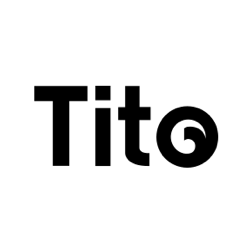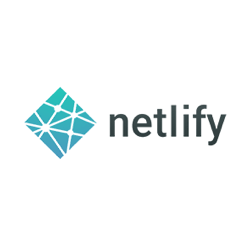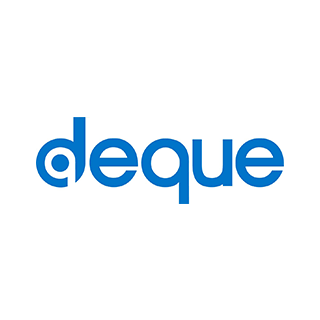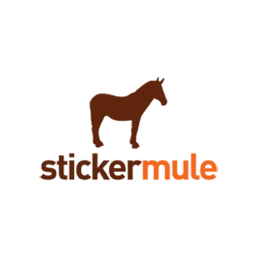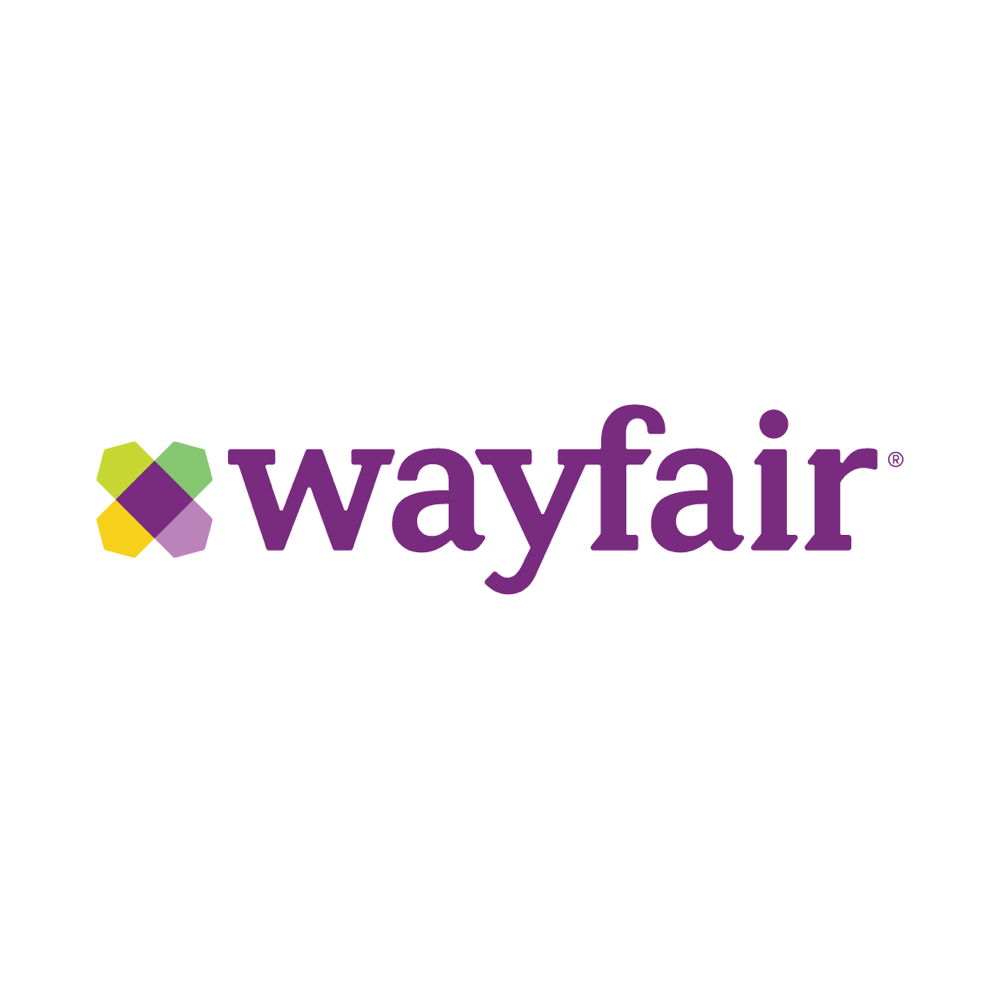Schedule
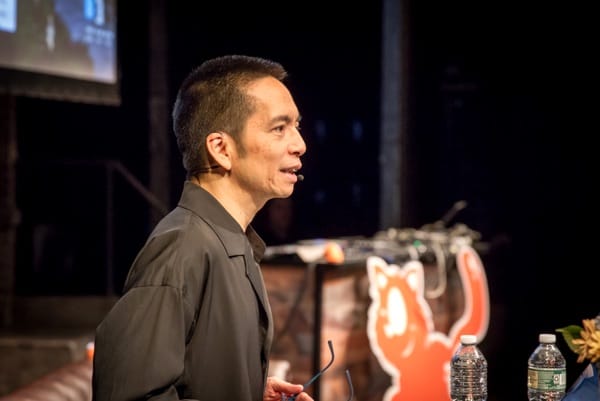
You probably know the drill: 2 days, 1 single track, 13 speakers. The conference will start around 9:30AM and we’ll finish around 5PM on the second conference day. We’ll be hosting our (in)famous side events on October 14, the day before the conference, so it might be worth to arrive in the morning before it all starts. You know, to settle in and stuff.
Our speakers rarely show slides: they show how they work — their setup, techniques and shortcuts for getting work done in live interactive sessions. So expect everything from refactoring and debugging to sketching and redesign, live.
Want to stay updated on the latest speakers and talk topics, why not follow us on Twitter?
Workshop Mon, 14th | Conference Tue, 15th | Conference Wed, 16th | Workshop Thu, 17th
Mon, 14th – Workshops
Workshops
On Monday, we’re running four hands-on workshops:
- Lightning Fast Web Performance with Scott Jehl,
- Building Accessible Sites With Gatsby with Marcy Sutton,
- Designer / Developer Collaborative Workflow with Dan Mall and Brad Frost,
- Smart Responsive UX Design Patterns with Vitaly Friedman.
- How To Translate Wireframes Into Accessible HTML/CSS with The Deque Team.
Jam Session
The night before the conference kicks off, we're hosting a warm-up event with our dear friends from Shopify, with drinks and talks from your fellow attendees. We hope you'll join us to connect ahead of the main event!
Please register so we know you're coming!
Tue, 15th – Conference
Morning Run 🏃♀️
On both conference days, join speakers and attendees for a 30–40 minutes. We'll meet at 7 AM and run 5k! All levels welcome. We will be meeting at the statue in the middle of the Columbus Circle.
Don't forget to pack your sportsgear and we hope to see you there!
Doors Open
Welcome
Designer vs. Developer!
Designers and developers often have poor relationships, due to bad process. Their interactions are apathetic at best and antagonistic at worst. Designers iterate over rounds of unrealistic comps, leaving a stupidly short runway for developers to actually build the product. Developers recoil from the design process and expect designers to figure everything out so they only have to build things once.
In this session, designer Dan Mall and developer Brad Frost will duke it out on stage once and for all. Can they identify a better process that prioritizes collaboration and conversation? Is designing in the browser really possible? Is higher quality products in a faster pace the holy grail? Can they finally say goodbye to a traditional, waterfall, handoff process? You’ve gotta attend to find out!
Designer vs. Developer!
Designers and developers often have poor relationships, due to bad process. Their interactions are apathetic at best and antagonistic at worst. Designers iterate over rounds of unrealistic comps, leaving a stupidly short runway for developers to actually build the product. Developers recoil from the design process and expect designers to figure everything out so they only have to build things once.
In this session, designer Dan Mall and developer Brad Frost will duke it out on stage once and for all. Can they identify a better process that prioritizes collaboration and conversation? Is designing in the browser really possible? Is higher quality products in a faster pace the holy grail? Can they finally say goodbye to a traditional, waterfall, handoff process? You’ve gotta attend to find out!
Morning Break
Garbage Pail Components
Oh, the horror! Hot garbage has taken over the web. Carousel Cameron, Trappin' Tam, Shallow Dom...the gang's all here. We'll turn the "bad accessibility" dial up to 11 in order to feel the pain that users with disabilities experience on a regular basis.
Some of the patterns in this talk will be directly inspired from real life instances—because we can't even make this stuff up. By talking about the real-life practice of accessible web development, we'll be reborn and better equipped to create truly successful user interfaces.
Designing For Kids Is Not A Game
The children of today are growing up in a different paradigm than their parents, who might even remember what the world was like before the Internet!
This impacts the way they perceive and interact with the world around them, especially with digital products.
In this talk, Trine will explain how kids develop and learn, and how to design digital products that help them grow rather than dumb them down.
Lunch Break.
As the date comes closer we will be publishing the finest lunch spots. Today, we have two great lunch sessions; Learn all about Easy Accessibility Testing with the Deque Team. Or submit your wants for the web and you could get to present it to an expert panel of judges. Best of all, the top problems will win awesome prizes!
I Built <frankenstein-monster>:
3 Stories Of Migration
A lot of people consider complete re-write to be the best solution for project migration. Even though this may give better results int the end when compared to gradual migration, most projects cannot afford this move due to limited work-force, budget or other reasons.
But what if we could migrate our applications bit by bit without polluting global scope by messing up with CSS leaking and different JS bits yelling at each other? What if we could do this in an isolated manner as if we would have several sandboxes in our applications where we are allowed to do anything we want?
This talk will tell 3 entertaining stories (spiced with quite a few code examples) of application migrations with different approaches, different architectural decisions, and different results. Join Denys to get an idea of how to approach framework-agnostic frontend migrations using micro-services architecture, web components, and a good sense of humor.
Lessons Learned From A Decade Of Building Pattern Libraries
Creating a pattern library has become an integral part of developing large-scale web sites; a quick web search will turn up dozens of helpful blog posts, builders, plugins, and other tools for streamlining their development.
Even with these valuable resources at our disposal, the team at Filament Group has found that challenges persist when starting and maintaining a pattern library: How do we ensure that the pattern library doesn’t fade into obscurity, but actually educates team members, makes development more efficient, and helps us stay accountable to accessibility and performance goals?
Afternoon Break
Slam Dunk Your Javascript Fundamentals
This talktorial will be filled with dozens of tips and tricks to gain a stronger JavaScript skill set. No matter what framework or library you use, it's all just JavaScript at the end of the day. Beginner to intermediate JS devs will walk away with a pocket full of tasty treats related to working with arrays, objects, functions and many other ins and outs of the language.
After Party by Speedcurve
Ah, the legendary SmashingConf parties! Grab your team members, or make some new friends, and we’ll have a wonderful night of chats, networking and fun.
Our amazing sponsor Speedcurve will take excellent care of us with snacks and a couple of drinks on them!
This party is only for Smashing attendees, please don’t forget to bring your badge and a photo ID. Hope to see you at Waylon Music Bar at 8 PM!
Wed, 16th – Conference
Morning Run 🏃
On both conference days, join speakers and attendees for a 30–40 minutes. We'll meet at 7 AM and run 5k! All levels welcome. We will be meeting at the statue in the middle of the Columbus Circle.
Don't forget to pack your sportsgear and we hope to see you there!
Doors Open
Welcome Back!
Start Spreading The News
Our mystery speaker will probably make you want to tinker, and will definitely make you smile.
Demystifying Vim, Live!
Often labelled ugly, unintuitive, or even a bit awkward and confusing… hey, meet Harry!
Vim can feel a little intimidating at first, and it’s made all the more stressful when you probably found your way there by accident and can’t easily find your way back out. In this talk, Harry will try to shed some light on many of Vim’s quirks and nuances, introduce you to basic text navigation, manipulation, and editing, and begin to look at editing text at the speed of thought. Download the demo files and you can code along!
And even if he doesn’t manage to convert you completely, hopefully you’ll at least feel comfortable and safe should you wander into Vim by accident again.
Morning Break
Applied Accessibility: Practical Tips For Building More Accessible Front-Ends
As front-end developers, we are tasked with building the front end of a Web site or application — in other words, we are building the user's end of an interface. This is why it is crucial that we ensure that the front-end foundations that we build are as inclusive of and accessible to as many users as possible. To do that, we must build with accessibility in mind from the get-go. This, in turn, means that the way we approach writing HTML, CSS, SVG and JavaScript *might* need to change as we take into consideration many factors that affect how (in)accessible our UIs are.
This talk is a practical one, chock-full of tips for creating more accessible front-end foundations. If writing HTML, CSS, SVG and JavaScript is part of your job, then this talk is for you.
In this session — a series of macro case studies from real client projects — Sara shares some frustrations, many lessons learned, and a lot of practical tips and tricks for building accessible front-end foundations that you can take and apply in your own projects right away.
Using A Modern Web To Recreate 1980s Horribly Slow & Loud Loading Screens
These days people chase the dream of high performance, fast loading slick web sites. But in the 1980s computers were ugly slow and loud: let’s make that instead 👴👵💪
Lunch Break.
As the date comes closer we will be publishing the finest lunch spots. Today, we have one great lunch session from Netlify on Developing, Testing, and Deploying Serverless Functions.
Move Fast & Don’t Break Things
Performance is a high priority for any site of scale today, but it can be easier to make a site fast than to keep it that way. As a site's features and design evolves, its performance is often threatened for a number of reasons, making it hard to ensure fast, resilient access to services.
In this session, Scott will draw from real-world examples where business goals and other priorities have conflicted with page performance, and share some strategies and practices that have helped major sites overcome those challenges to defend their speed without compromises.
CSS Is Rad
Resilient design on an unknown canvas
Depending who you ask, CSS is either awesome or broken. CSS is not a programming language, unless it is. CSS is too simple and entirely too difficult. CSS is weird — not like other languages — and not like print design either, but trapped in a strange middle ground with unique rules and constraints.
The web is designed to work across platforms, devices, languages, and interfaces, but how can we possibly design for that unknown and always-changing canvas? CSS is designed to be resilient, declarative, accessible, and contextual — with built-in progressive enhancement and graceful degradation. We’ll look at practical ways to leverage those aspects of the language in our everyday work.
We don’t have to wait years for support in every browser before we use the new features, and we don’t have to duplicate our work for every browser we support. From layouts to variables, support queries, and duplicated properties: we can write resilient and modern CSS that works across the entire web — now and into the future.
Photo Walk
If you don’t want your SmashingConf to end yet, why not join us for a relaxing photo walk?
Thu, 17th – Workshops
Workshops
On Thursday, we’re running four hands-on workshops:
- Next Steps With CSS Layout with Rachel Andrew,
- Modern Universal React Dev With Next.js with Remy Sharp,
- Front-End Performance: Building Faster Websites with Harry Roberts,
- New Front-End Adventures with Vitaly Friedman.














